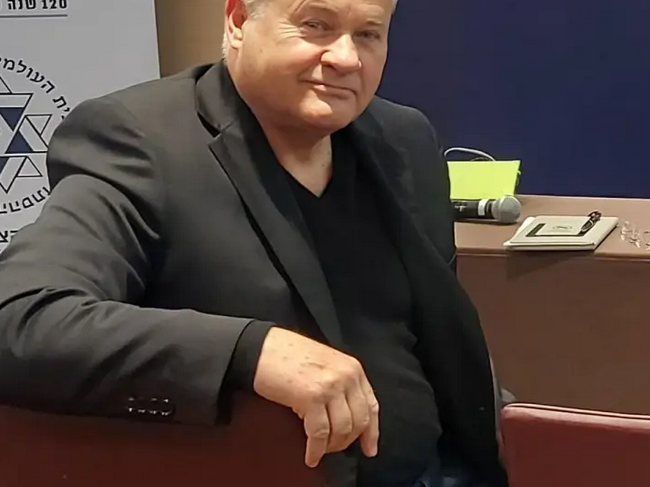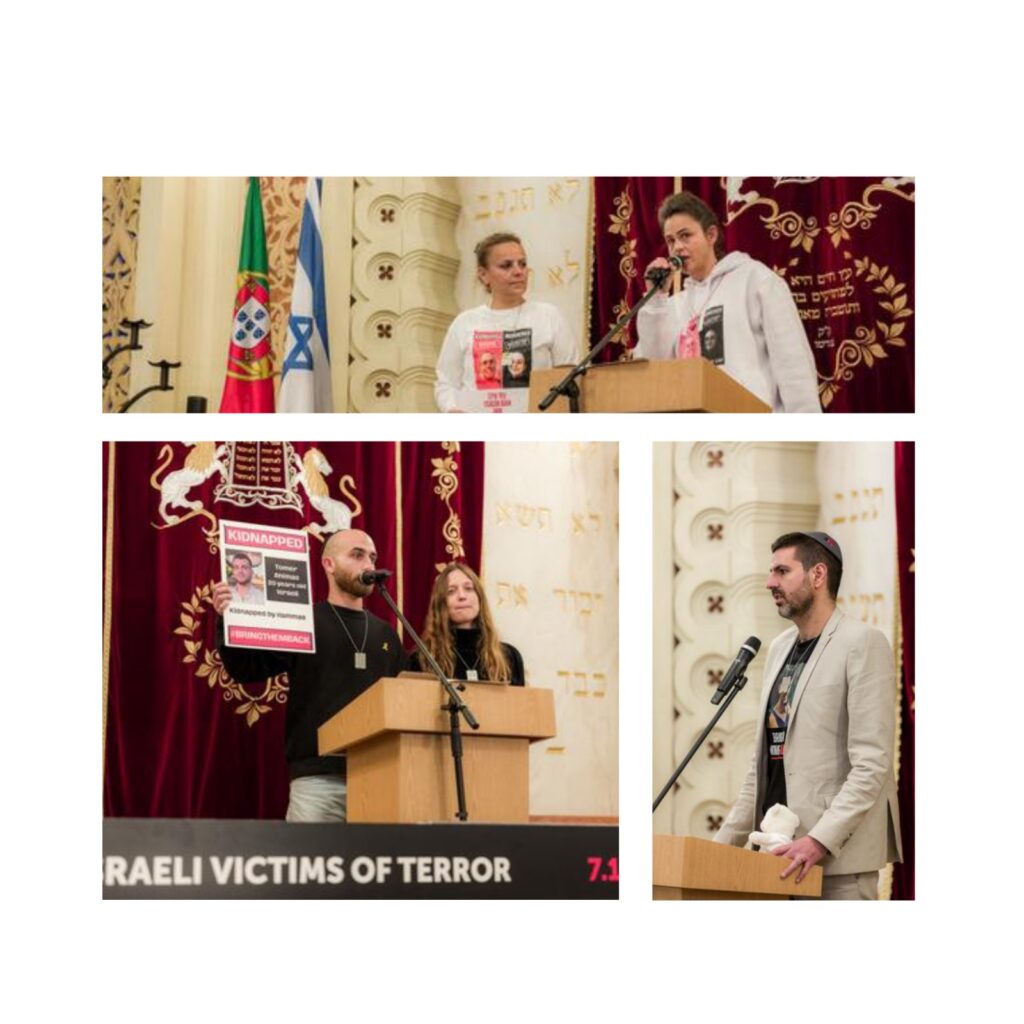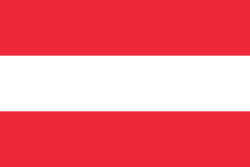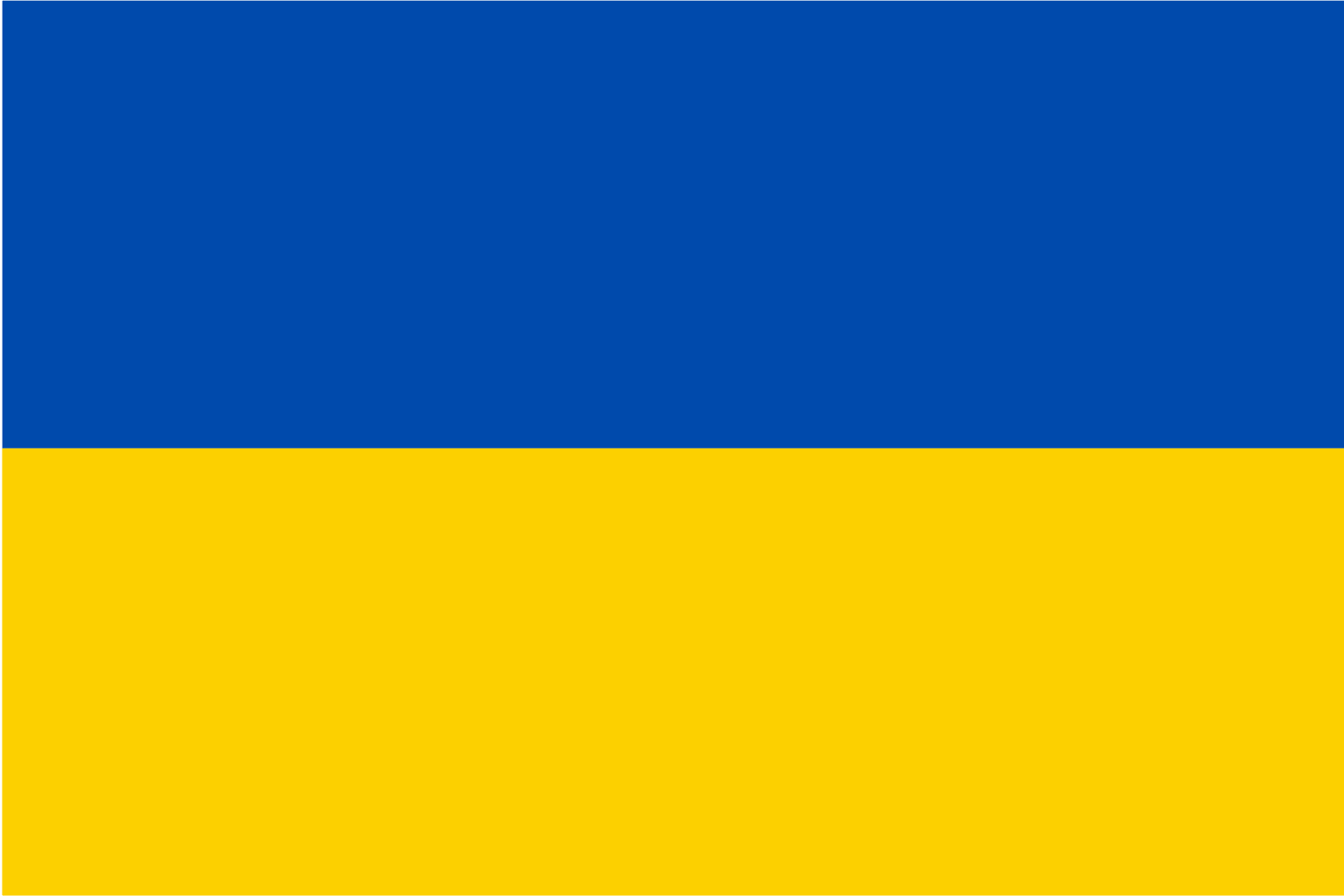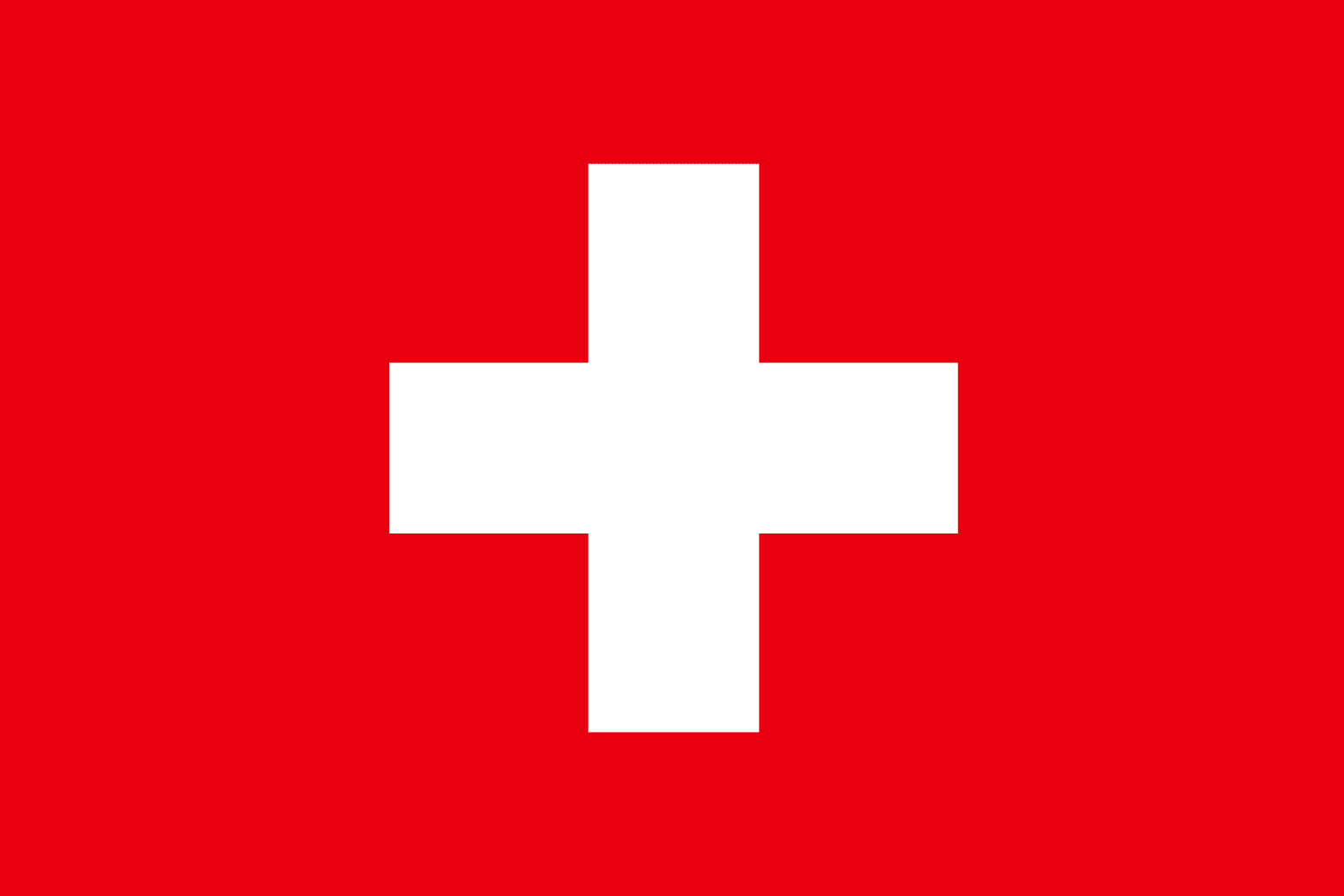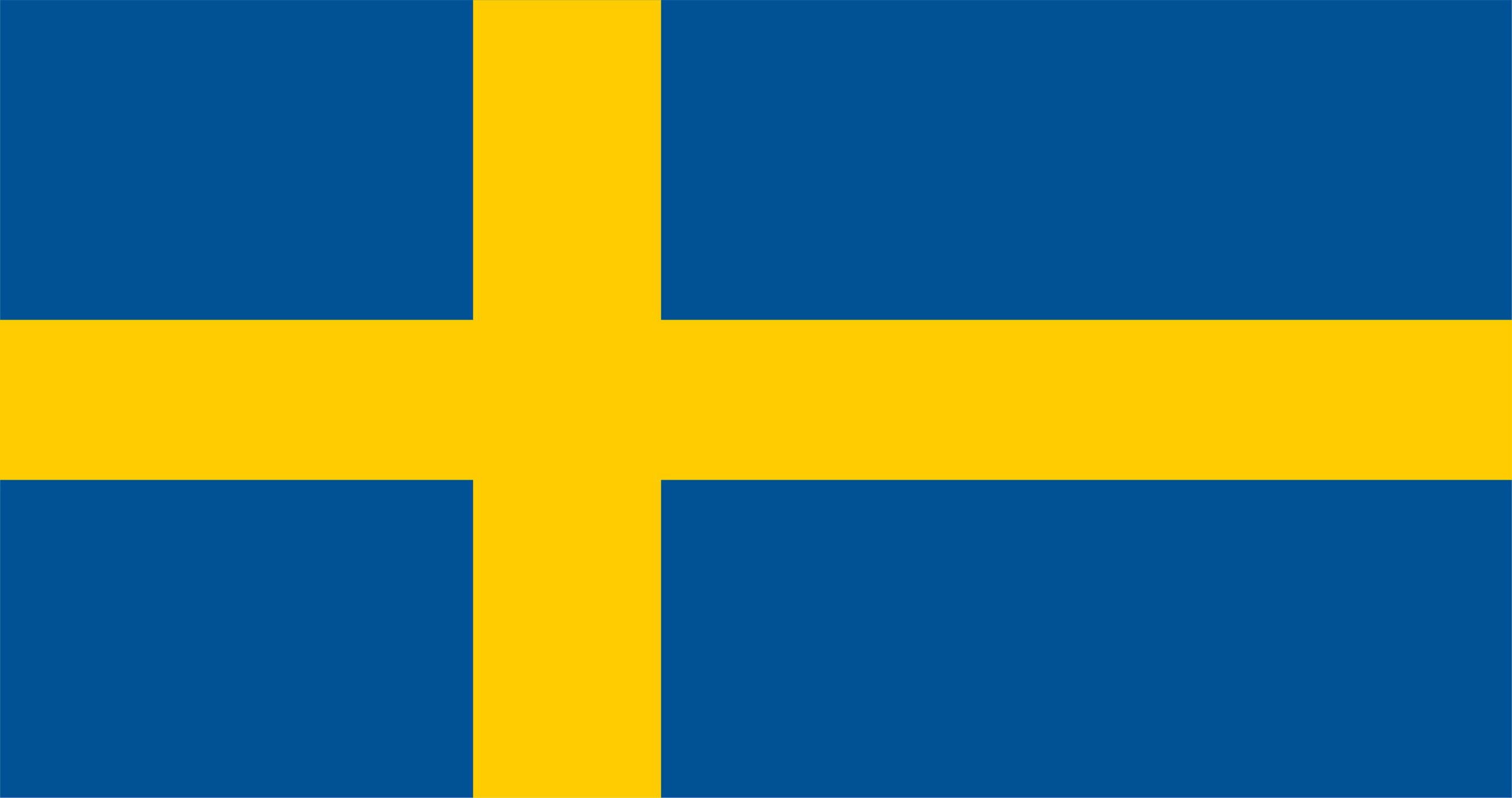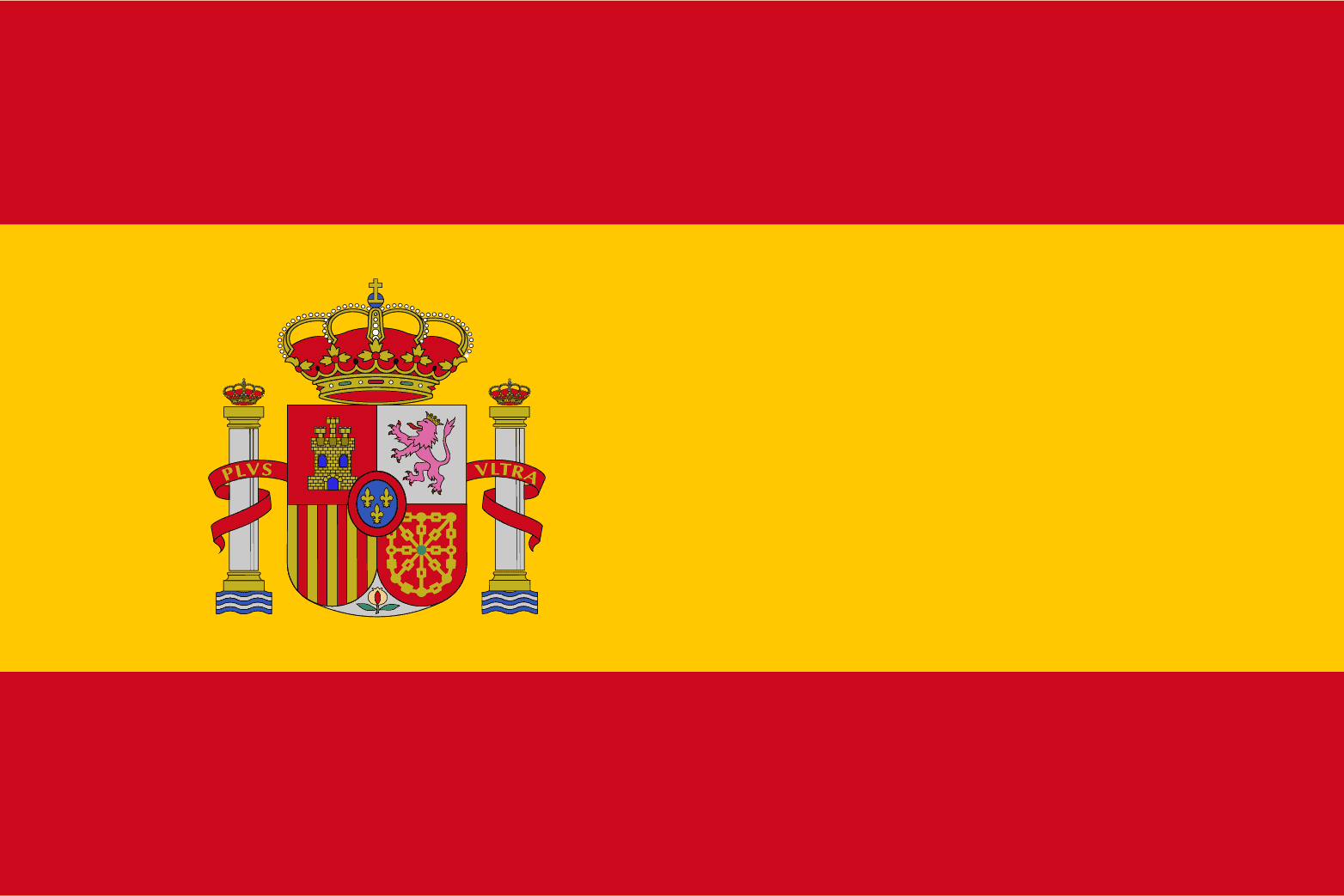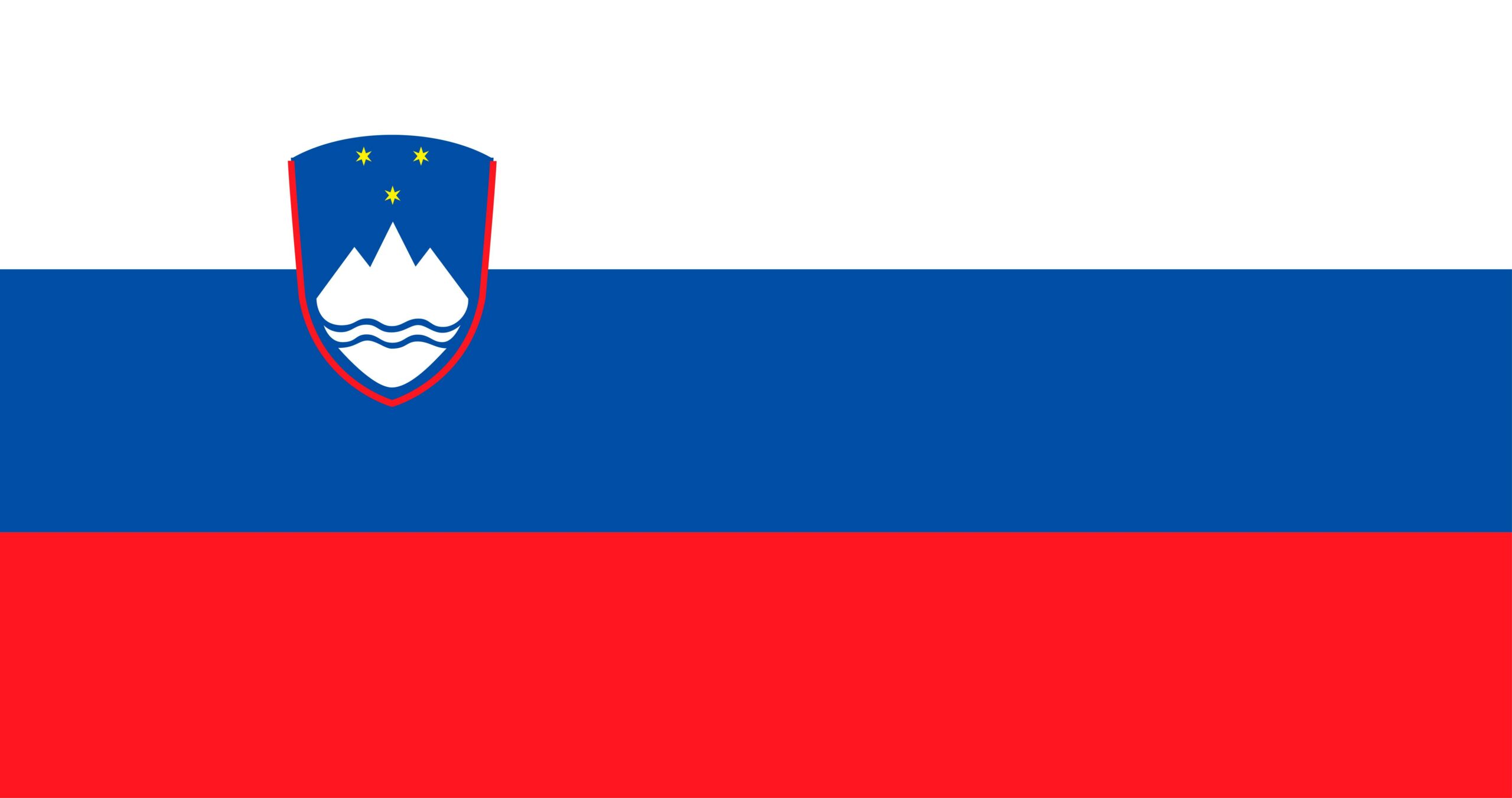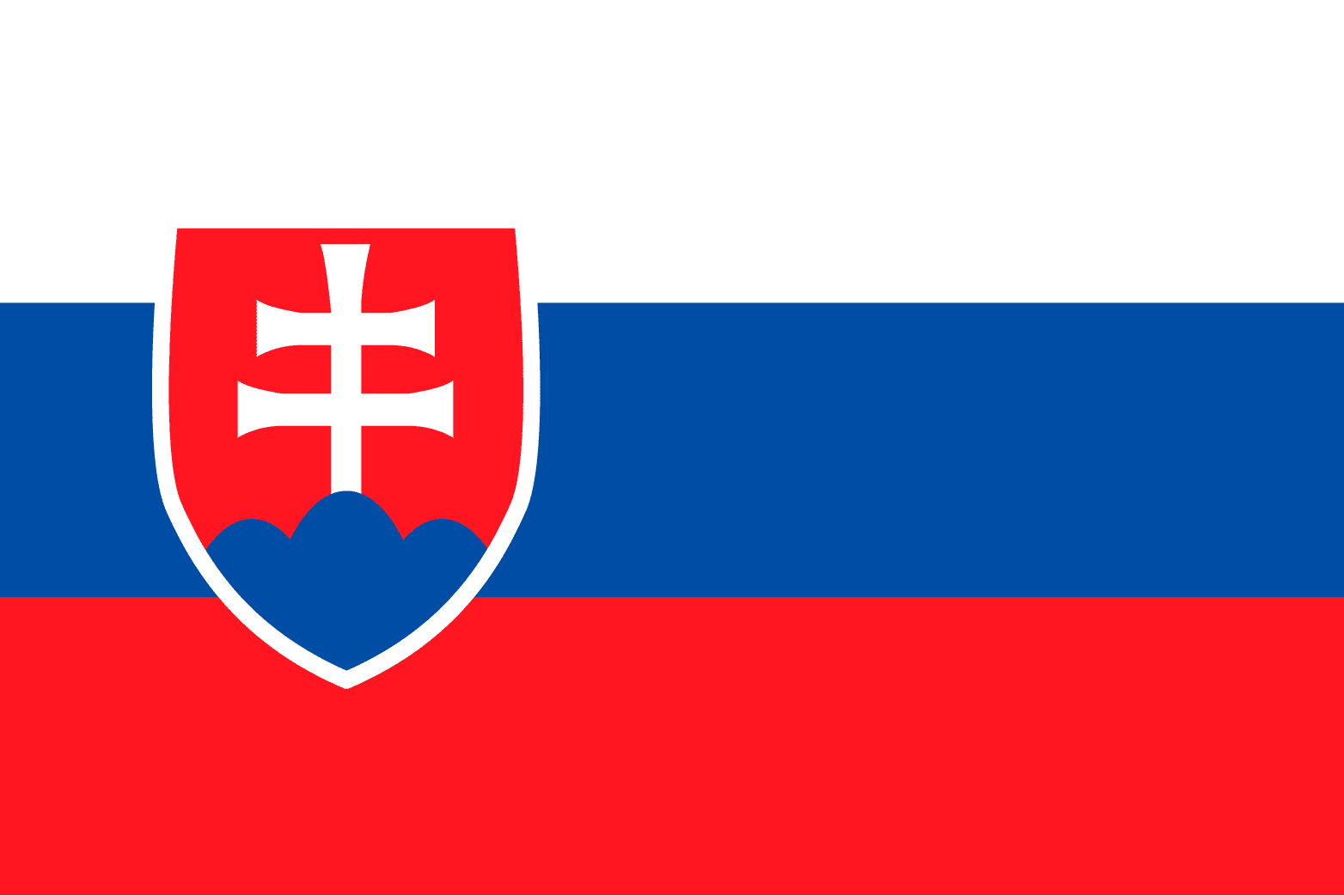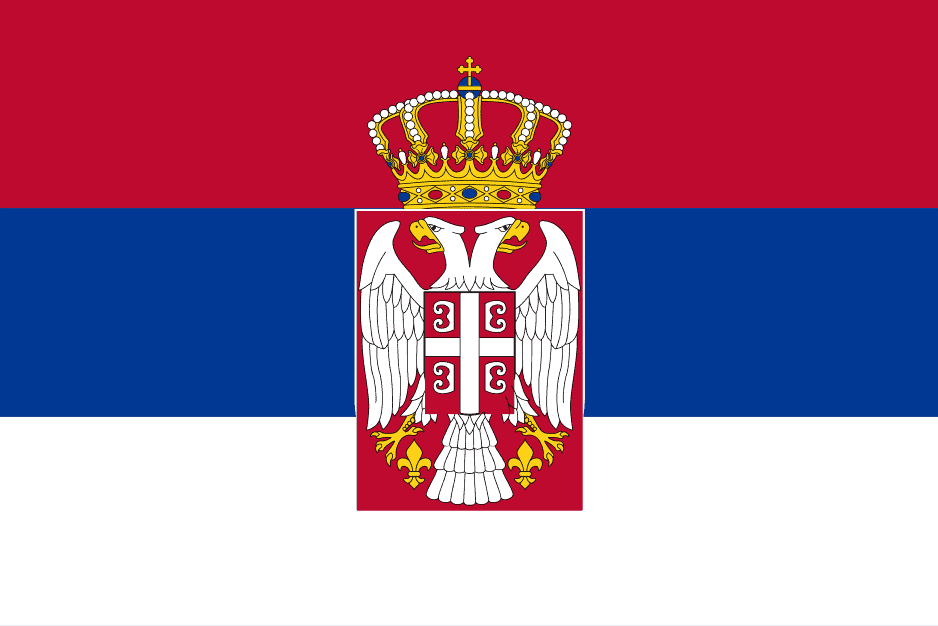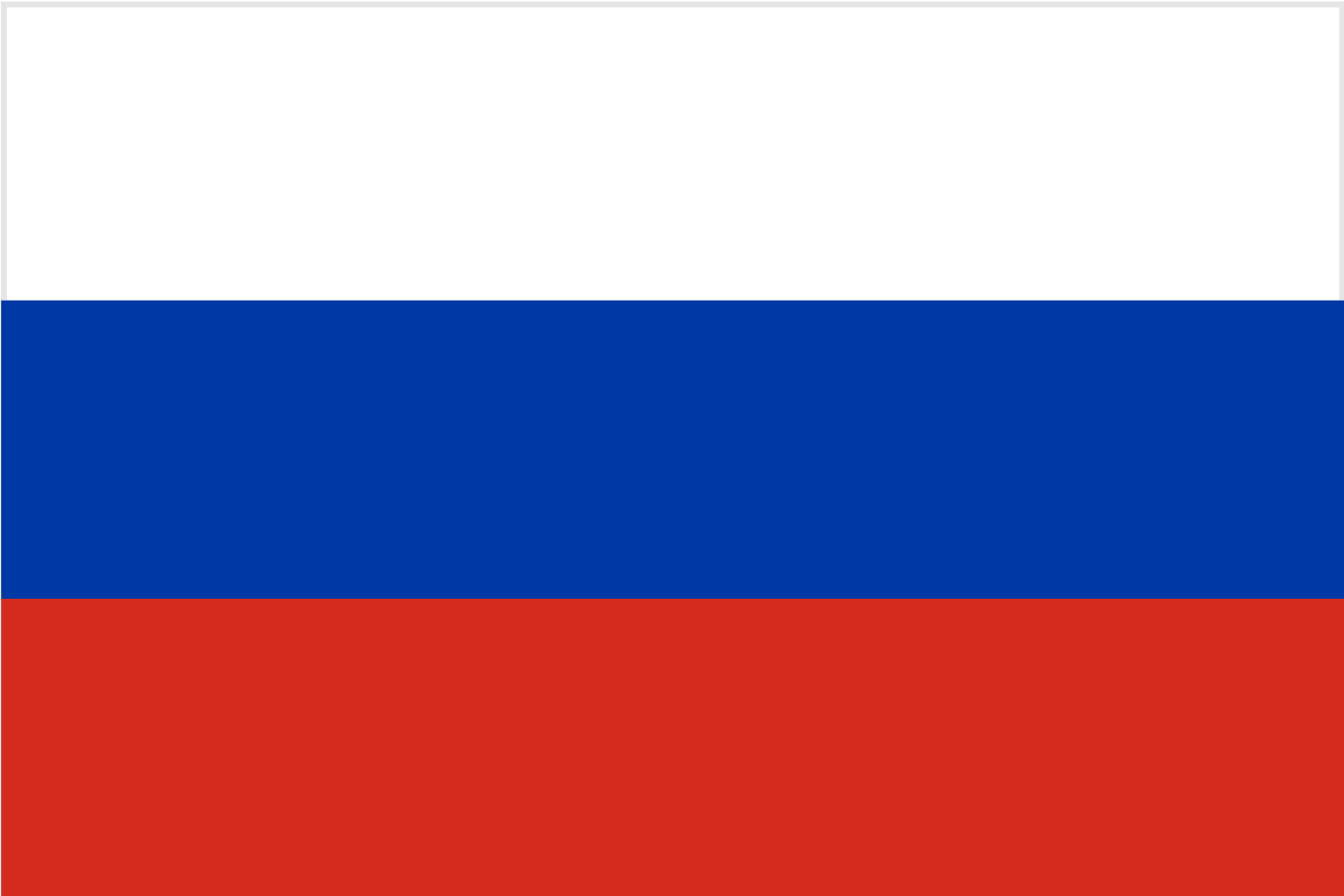“Nasrallah right now seems to have no reason to continue on the path he took after October 7. He is losing top commanders and cells and this creates fear and demoralizes his militiamen,” says reitered general Israel Ziv, one of Israel’s most influential military strategic and defense commentator.
“The responsibility for the failure of October 7 falls as much on the intelligence as on the political leadership.” What happened was due to the fact that Israel did not realize, or perhaps did not want to realize, that Hamas was transforming from a terrorist group to a large-scale military organization. We saw pieces of it but we didn’t catch the whole picture.”
‘’In the October 7 attack, Hamas put into practice the doctrine of Qasem Soleimani, the general killed in 2020 by a U.S. raid. The pattern is that, surround Israel, force it to respond on multiple fronts, overpower it.’’
This is the analysis of retired IDF general Israel Ziv, one of Israel’s most influential military strategic and defense commentators. He spoke at a briefing for journalists organized by Europe Israel Press Association (EIPA) in Rome.
Ziv is an expert on military operations particularly in Gaza, where he played a key role in the Israeli disengagement in 2005, and in Lebanon by helping to formulate the strategic agreement between Israel and the United States.
Hamas is a piece on Iran’s chessboard, like Hezbollah in Lebanon, the Houthis in the Red Sea, and Shiite groups in Syria. Iran, he said, concurs in gaining positions and increasing its weight within the coalition with Russia and China.
“Nasrallah, for his part right now seems to have no reason to continue on the path he took after October 7. He is losing top commanders and cells and this creates fear and demoralizes his militiamen,” Ziv added.
The military analyst outlined the personality of Hamas leader Yahya Sinwar by trying to explain why he attacked Israel specifically on October 7: “I know people in Khan Yunis (Sinwar’s hometown), there they describe him as a true radical, one who kills with his own hands those he considers his traitors. A fanatic of Islamic rules, absolutely anti-Semitic,” Ziv said.
“For the October 7 assault he was already preparing when he was detained in an Israeli prison, sentenced to several life sentences. When he was released, along with 1,000 other Palestinian prisoners in exchange for the release of Israeli soldier Gilad Shalit in 2011, Sinwar quickly cornered Ismail Haniyeh, who was sent to be a political leader in Qatar. He took all the power and put himself next to Mohammed Deif, whom he knew well. Most likely now Sinwar is still in some tunnel in Khan Yunis, where he travels with his family. Although we cannot be 100 percent sure. Palestinian civilians don’t think about it: captured militiamen were asked why they don’t have the tunnels used as shelters. They answered that the tunnels are only for fighters, not for civilians.”
“The agreement between Israel and Saudi Arabia certainly affected the choice to attack,” he said. “Israel’s biggest mistake? Not understanding that Sinwar created an army, Hamas is a military organization, an extensive underground structure that is difficult to attack, it has the capacity to produce weapons. It has been underestimated.”
“The only possible solution is for Gaza to be independent, to develop its economy, to be dependent on no one, for the Palestinian population to prosper, to have a future. Without Unrwa, which in its school books teaches children to hate Jews and kill them,” Ziv added.
Who is Israel Ziv ?
Ziv is an expert on military operations particularly in Gaza, where he played a key role in the Israeli disengagement in 2005, and in Lebanon by helping to formulate the strategic agreement between Israel and the United States.
A retired general, upon learning of the October 7 incursion and resulting significant civilian and military turmoil, Ziv, equipped with a nine-millimeter pistol, proceeded towards the conflict zone, organizing soldiers, supervising evacuations, and participating in combat. His actions, widely reported by Israeli media, subsequently transformed him into a notable figure representing individual initiative, particularly in the context of what some observers and Ziv himself viewed as a failure by the government and military to sufficiently safeguard civilians.


